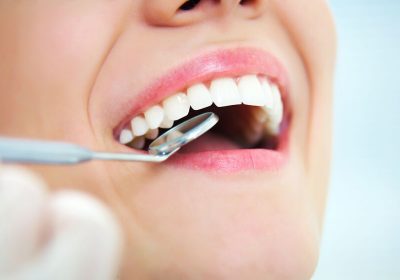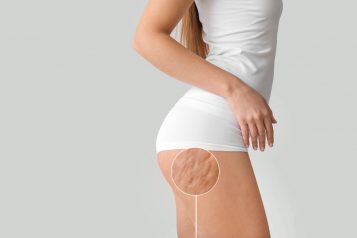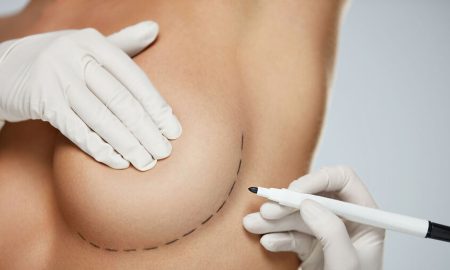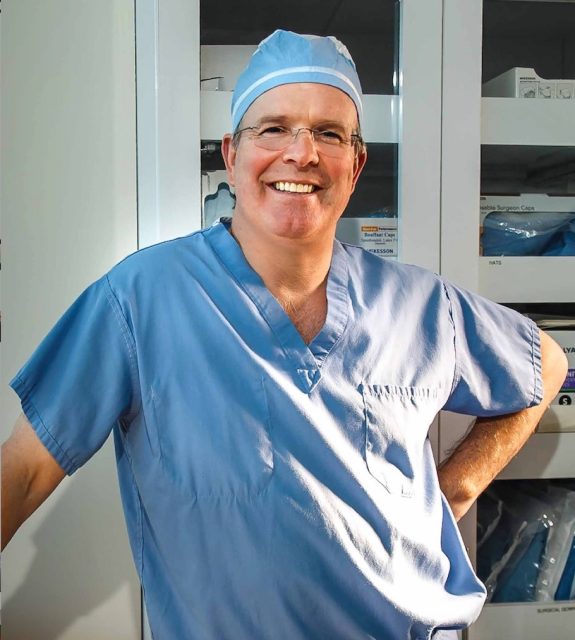Dr. Michelle Luis, a south Florida native, practices as a general dentist with substantive experience with fillings, crowns, and bridges, veneers, extractions, dentures, Invisalign, and root canals. She also has expertise with a number of cosmetic procedures to aid patients in looking and feeling their very best, including teeth whitening, and Botox. She holds a Master’s degree in Biomedical Science and a Doctorate in Dentistry from Nova Southeastern University. Dr. Luis is a member of the American Dental Association (ADA) and the Florida Dental Association (FDA).

1. Regular visits and early detection:
Most dental procedures that are time-consuming, and painful could have been avoided with early detection. The beginning stages of tooth decay or gum disease will show small signs early on. If you are seeing your dentist regularly you can get on top of these early signs before they progress to time-consuming, painful, and more financially expansive procedures. I always tell my patients today is the day when your treatments are the quickest, cheapest, and least amount of pain. Book now and prevent these from happening!
2. Pre-medication with antibiotics prior to treatments:
Many times a big infection will prevent anesthesia from being as effective as it should be. This is where the saying, "hot tooth" comes into play. The infection is so big, that the anesthesia can not numb the area effectively. Taking a full dose of an antibiotic, or even just a few days (this will be up to the discretion of your provider) will bring the infection down. This will allow the anesthesia to be more effective, which in turn allows for painless (or less pain) experience during a procedure.
3. Anti-anxiety pre-medication:
This is especially effective for those that suffer from dental anxiety. Your provider can prescribe you a small dose of an anti-anxiety medication that will bring your heart rate down. These medications will relax you, and allow your body to not go into what is called "fight or flight." When your body feels stress, your nervous system goes into "fight or flight." If you have ever felt fear, you may have noticed that your heart races, and you feel super heightened to stress. Calming your nervous system, and preventing this response will allow the anesthesia to be more effective. You will have a painless, or at least the pain will be minimized if your body is not in "fight or flight."
4. Find providers that offer certain types of anesthesia:
Most dental providers practice with what is called local anesthesia. This is the needle that most patients fear. However, many providers use a gel that is placed on your gums for a few minutes prior to using this needle. Asking your provider to dry the area, and leaving the gel on for several minutes, will prevent feeling the needle inserted into your gums. The slower the provider injects the anesthesia the less pain will be felt. Most of the time, it is the liquid going into the gums that are felt during the injection. Some patients need to be "put to sleep." This is a completely pain-free experience when it comes to feeling anything going on in your mouth. However, many patients have side effects for a day or more after this type of anesthesia. This can also be a very unsafe type of anesthesia if not performed by a very well-qualified, and experienced provider. The office should also be more of an outpatient surgical center, than a traditional office. Nitrous oxide is a gas offered by many providers that make you feel light-headed and silly. This is technically a form of anti-anxiety medication in the form of a gas. Your provider would have you use this gas, and then administer the traditional local (or needle) anesthesia.
5. Post-procedure at-home care:
Many times patients will have a pain-free, and what would be considered a medically straightforward procedure, only to report a lot of post-procedural pain. Here they made it through the procedure itself, to have an uncomfortable week or more after the procedure was complete. This will create anxiety about having other procedures performed, which starts the cycle of avoiding dental treatments. I can not stress enough to my patients the importance of following post-procedural care instructions given by your practitioner. Taking medications prescribed to you the correct way, the correct amount, and for the correct amount is imperative. For example, if an antibiotic is prescribed, every single pill in that dosage must be taken. Anti-inflammatory medications are given to prevent swelling, and swelling will tell the pain receptors in your brain that you're having pain. If we prevent swelling, then we prevent those pain receptors from being turned on. If you are told not to work out, to not drink for a period of time, these instructions are given for a reason. Drinking, and working out after a procedure will increase bleeding, swelling, and pain.
For more information, visit Dr. Michelle Luis's social media:
























